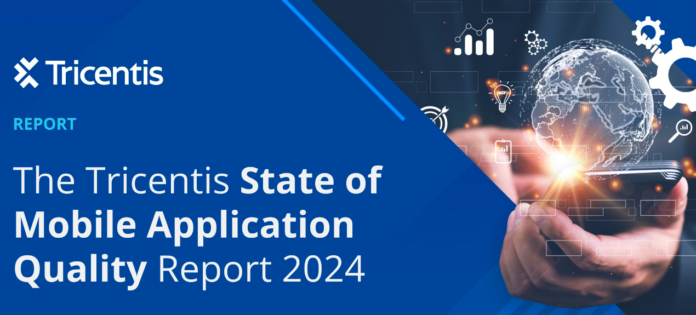About nine in every 10 firms in Singapore estimate that poor mobile application quality could cost their business up to S$3.24 million in lost revenue per year, even if 93% also say that such quality is critical for them, according to a report from Tricentis.
On behalf of Tricentis, research firm Censuswide surveyed 1,028 senior IT leaders and application developers across the United States, United Kingdom, Germany, and Singapore on December 1-20, 2023.
Findings from Singapore show that, in the next 12 months, 31% of respondents expect their organisation to invest upwards of over S$1.3M in mobile app quality and testing.
Two in every five senior IT professionals and application developers in Singapore think they would save up to 75% of their budget per year by moving toward fully automated mobile application testing.
Complexity (29%), competing priorities (24%) and time management challenges (22%) are cited as main barriers in the implementation of mobile app development and testing strategies.
Nearly all of those surveyed (91%) deem testing important to the quality and success of their organisation’s mobile app development. However, only 32% believe their organisation’s current mobile app development and testing strategy exceeds expectations.
More than one third (40%) of those surveyed also state they currently use manual testing for mobile applications.
Respondents also expect to achieve improved productivity (30%), increased revenue (29%), and increased compatibility across devices (27%) through the implementation of automation, such as AI and low-code/no-code solutions.
“With almost half of the population in Asia Pacific now connected to mobile services, organisations can no longer ignore the importance of quality mobile app experiences,” said Damien Wong, SCP for Asia Pacific at Tricentis.
“In Singapore, businesses are already harnessing AI to meet business objectives, said Wong. “Mobile application testing is the perfect testbed to ensure reliable testing across various devices and operating systems with little human interference required.”
He said that by prioritising testing and integrating responsible AI into every phase of the software testing life cycle, businesses can ensure quality across all mobile apps and improve customer experiences.
Further, organisations are recognising the value of AI in mobile software development, with more than three quarters (79%) of those surveyed sharing positive sentiments.
More than a quarter (27%) of respondents state that AI is already a part of their mobile app testing strategy and more than 70% of them are planning to implement it within the next two years.
Those in Singapore who are not using AI as part of their mobile testing strategy are more likely than those using AI to be facing challenges such as a lack of talent/upskilling (22% vs 11%) and time/project management challenges (22% vs 21%) when it comes to the implementation of their mobile app development and testing strategy.
Meanwhile, those who are using AI as part of their mobile testing strategy are much more likely than those not using AI to say all services and information within their organisation are mobile accessible (56% vs 11%).
As more organisations turn to AI in their mobile application strategies, they expect the integration to increase productivity (32%), improve mobile application quality (30%) and enhance end-user experience (28%).
















